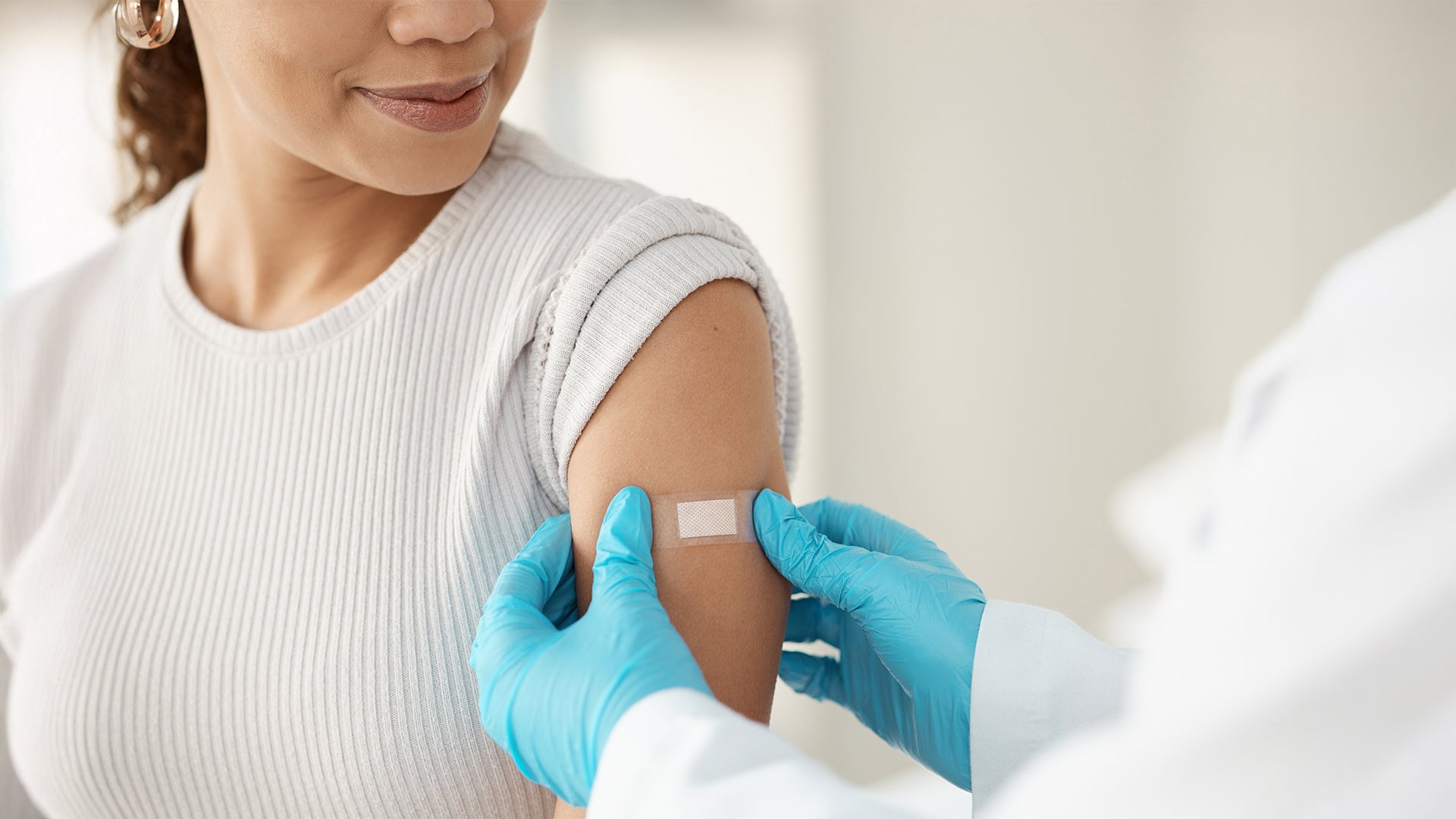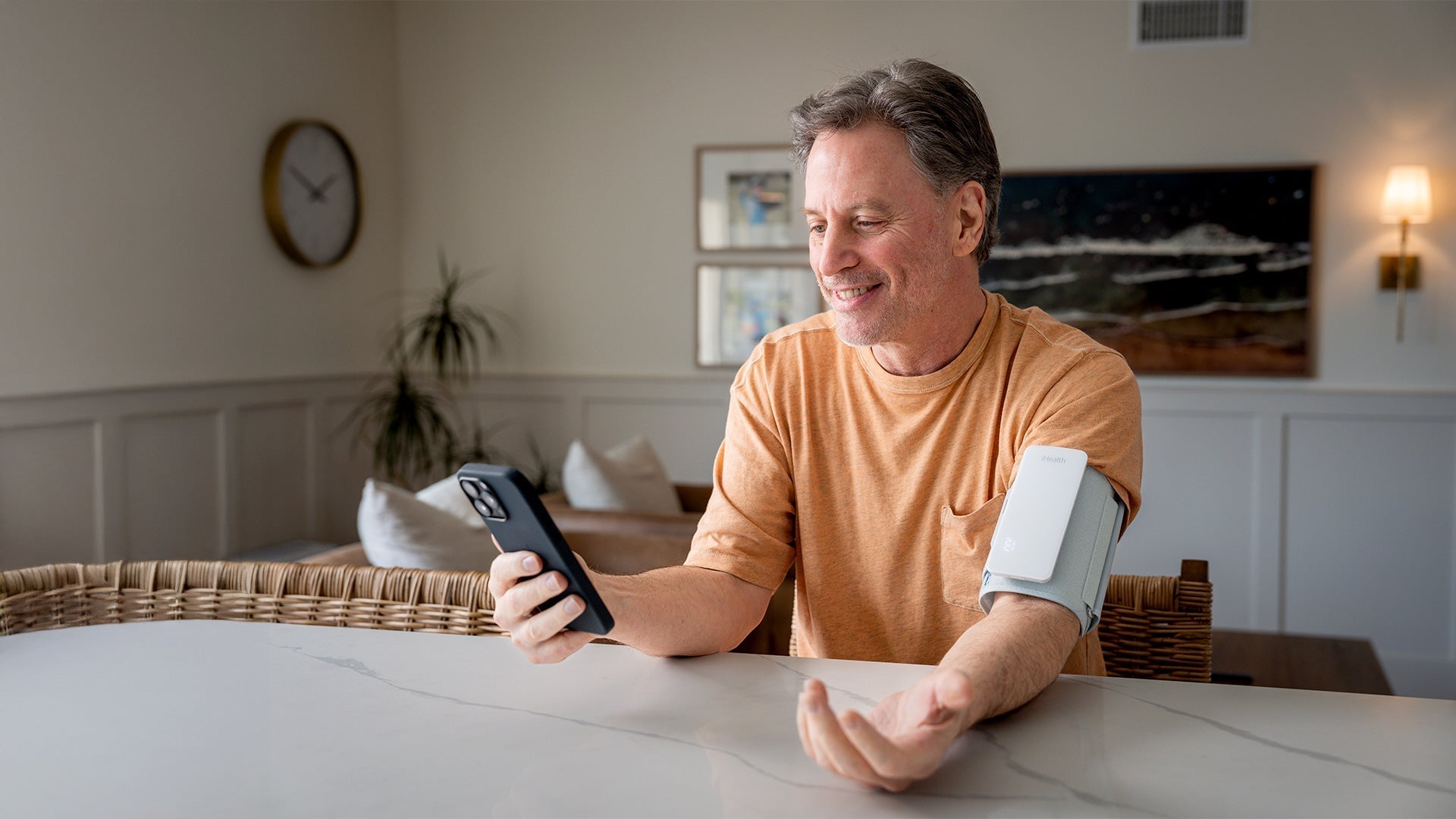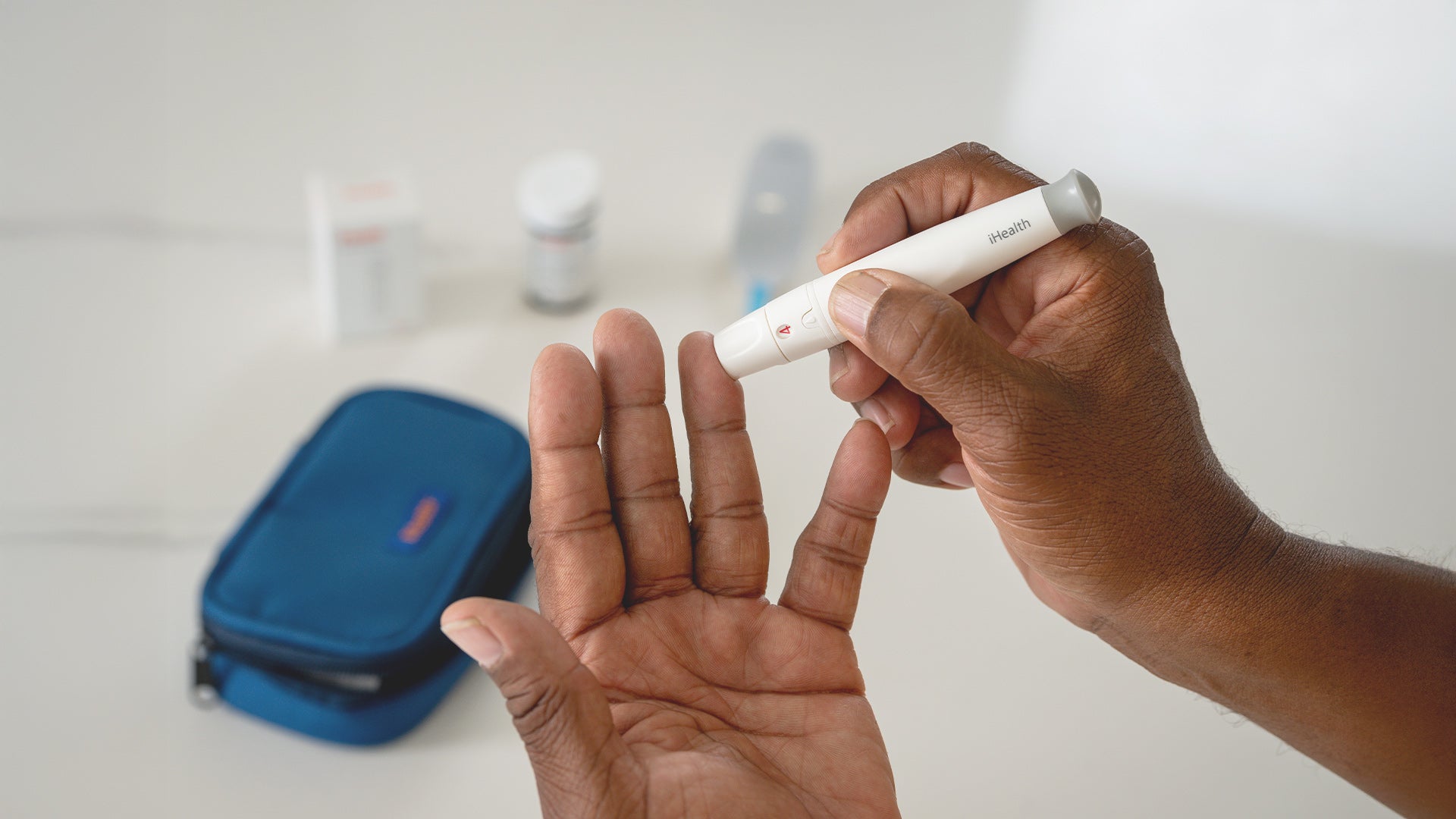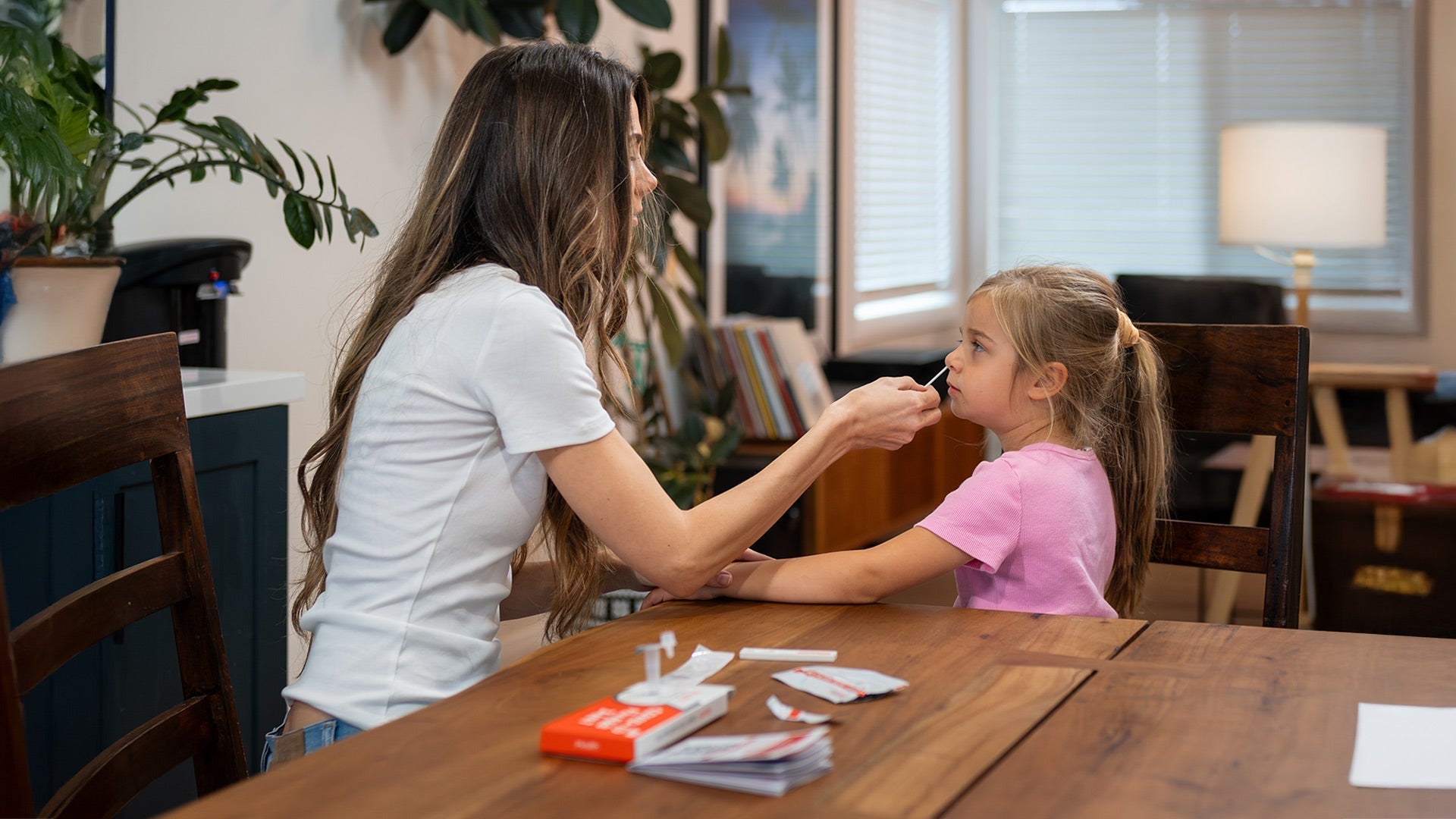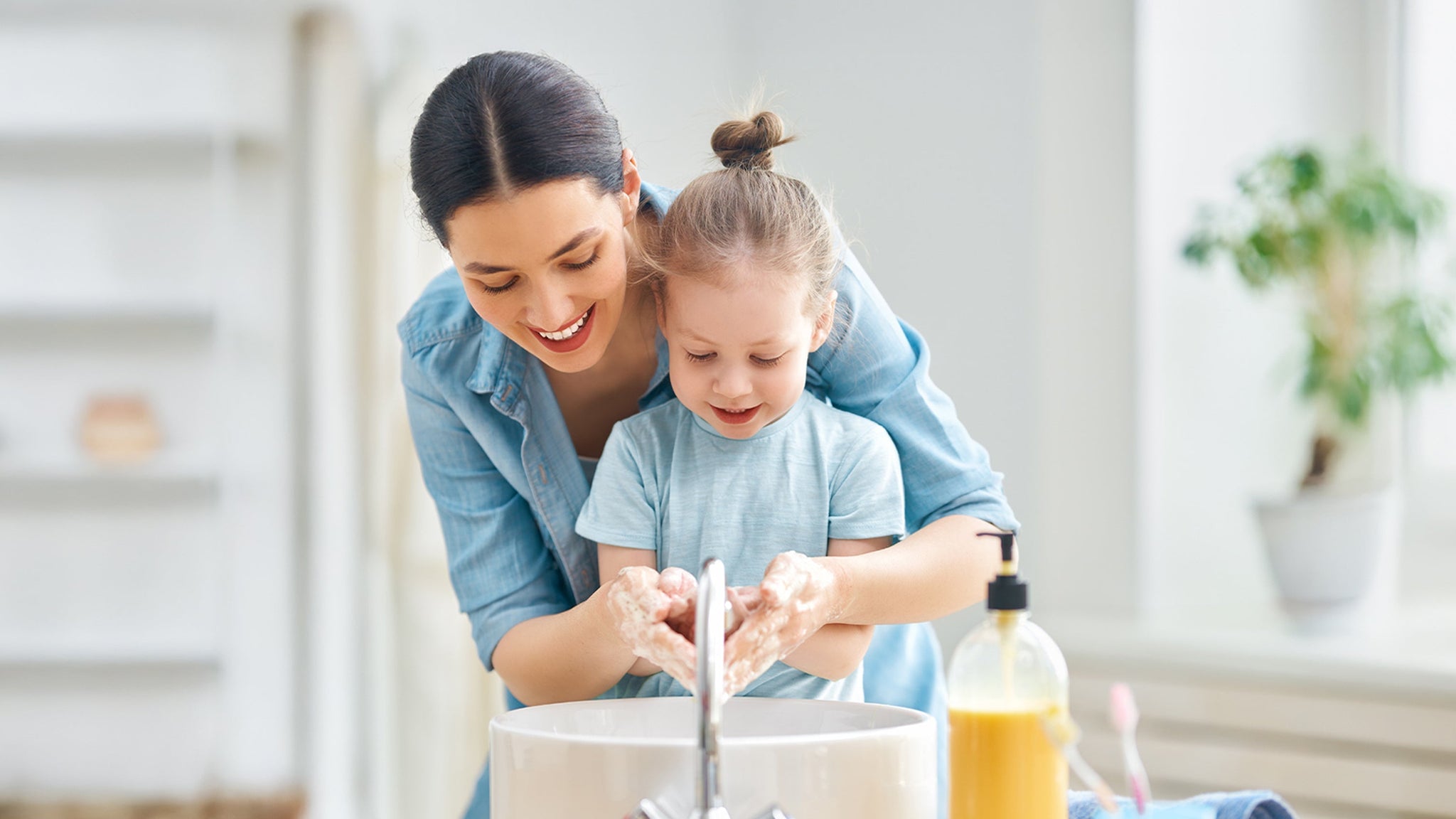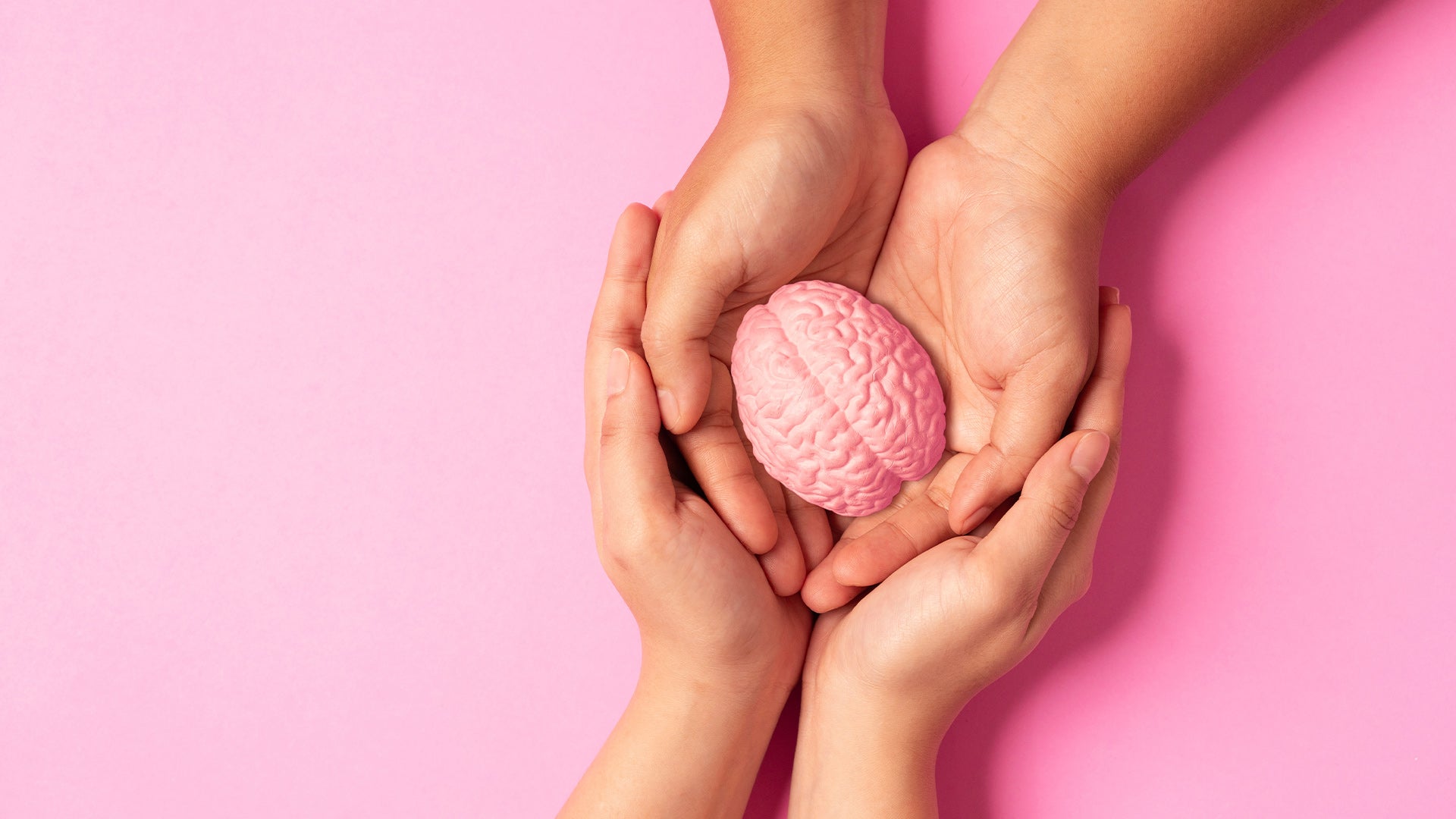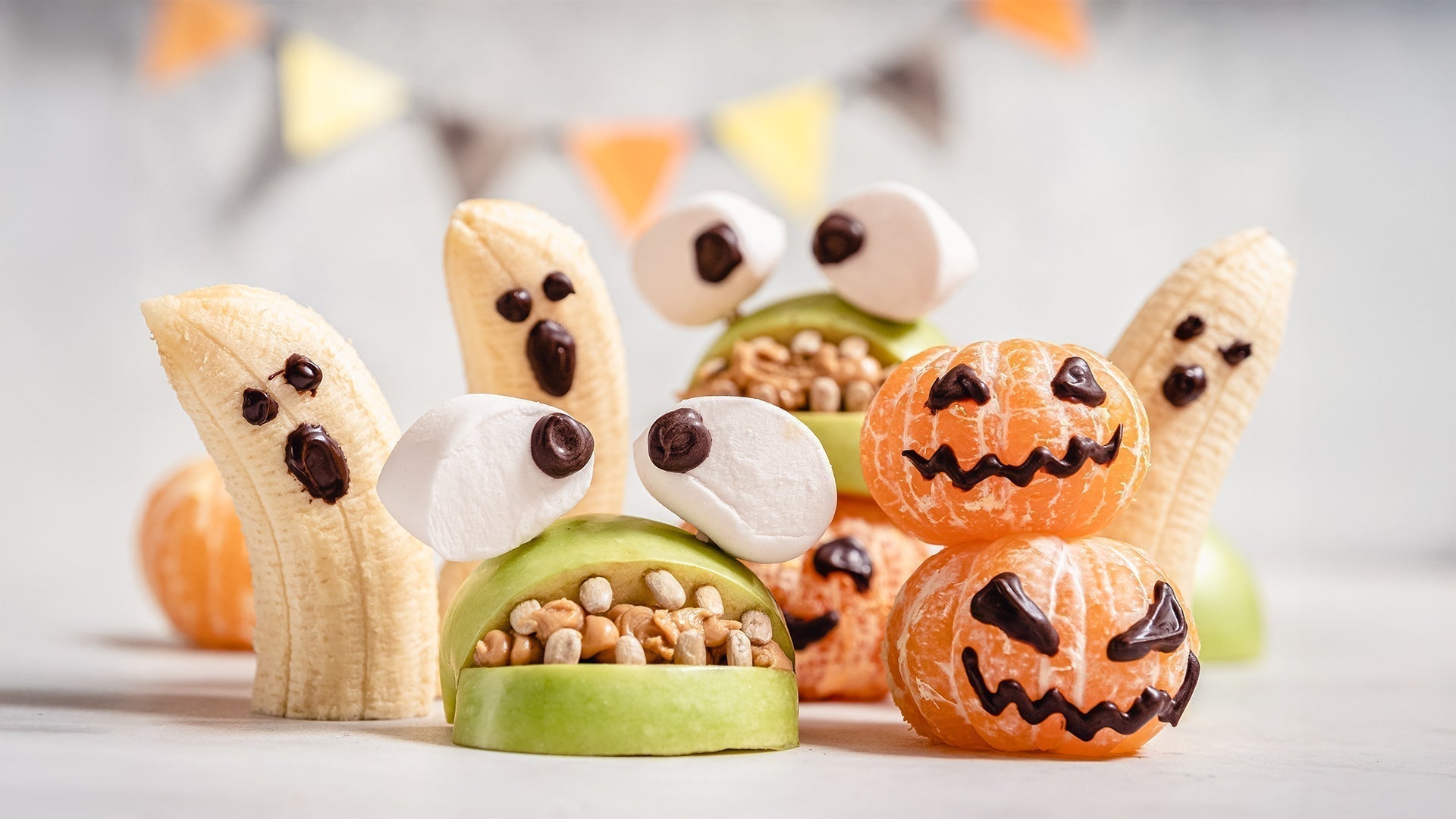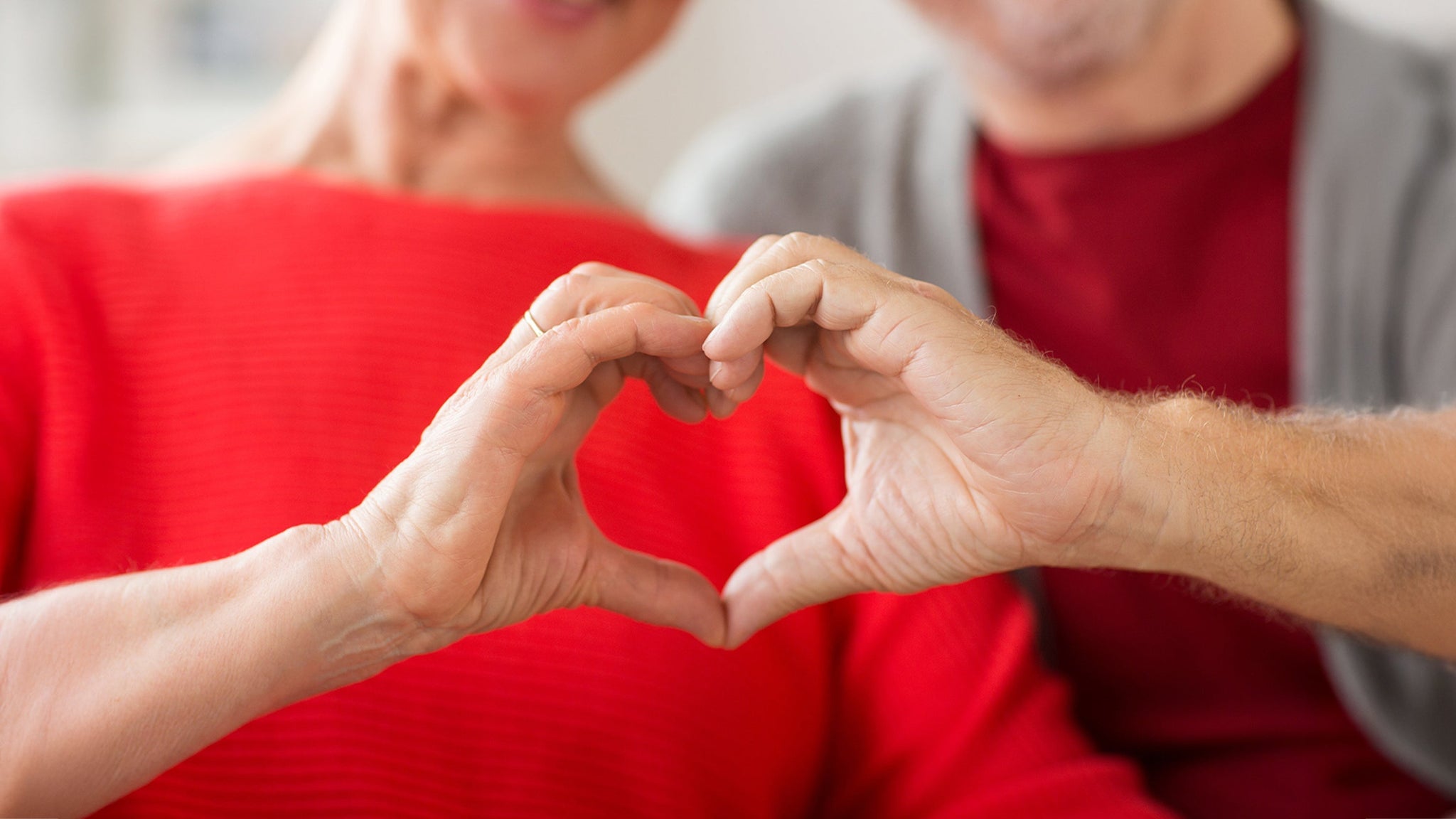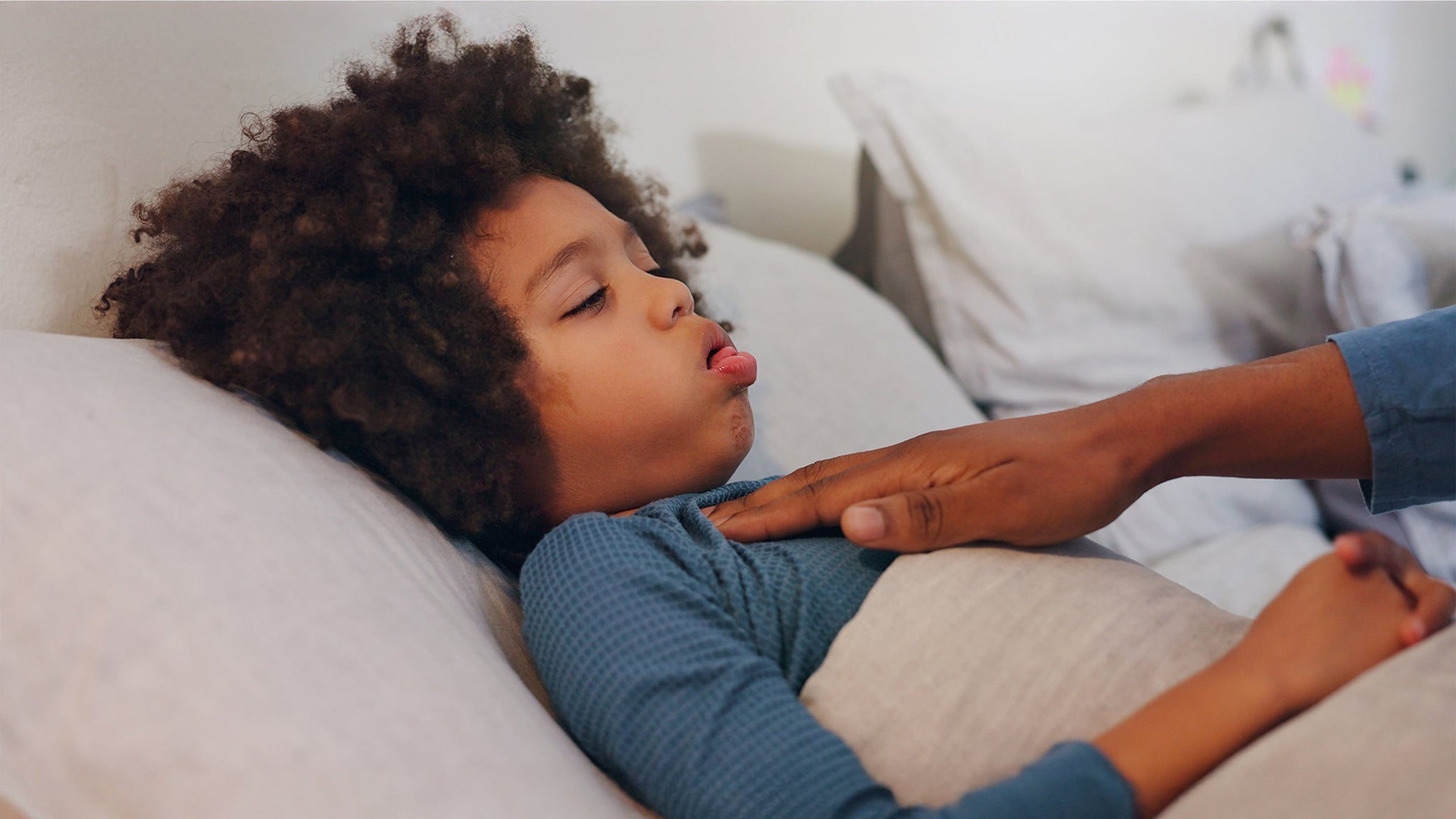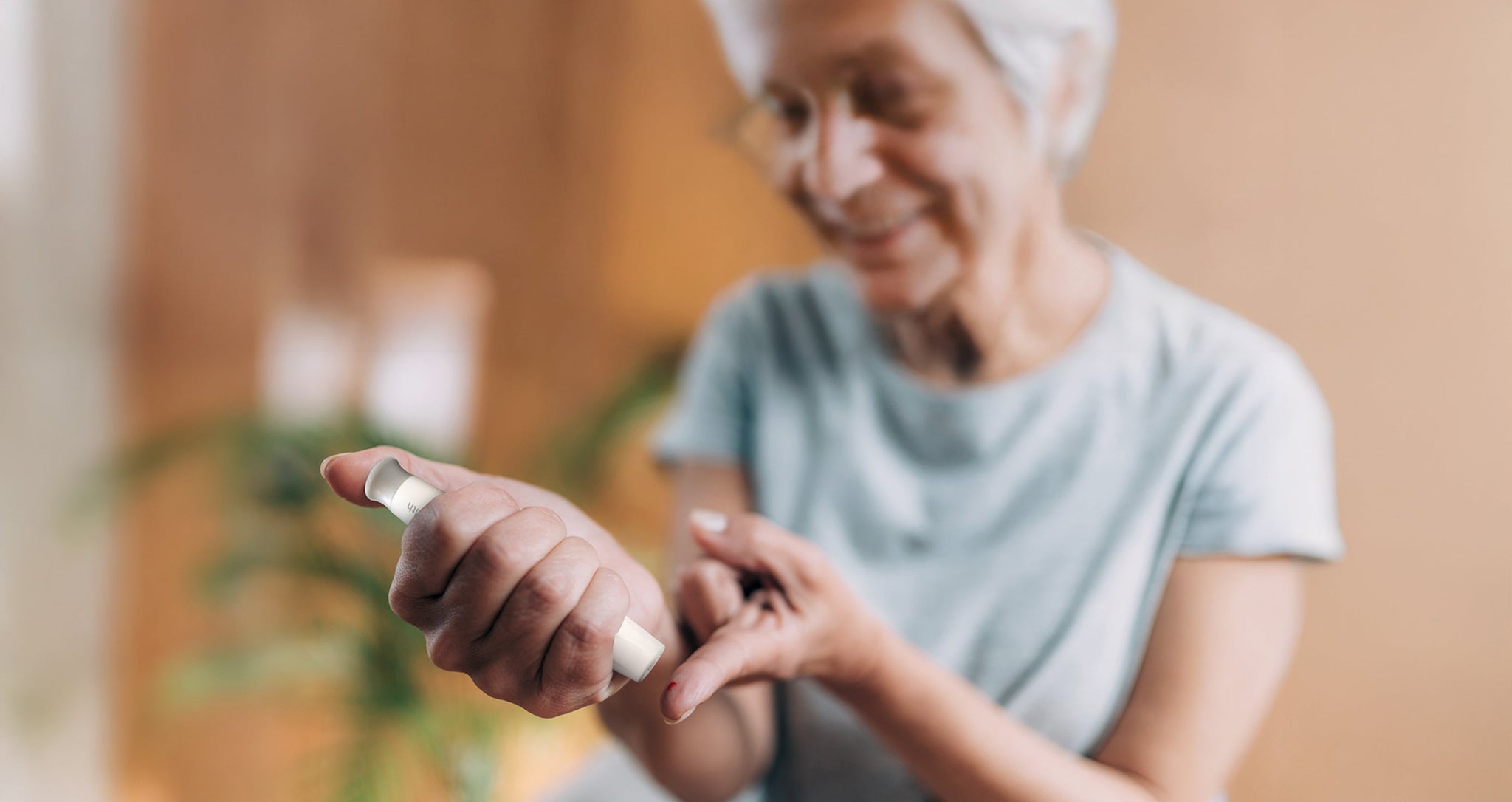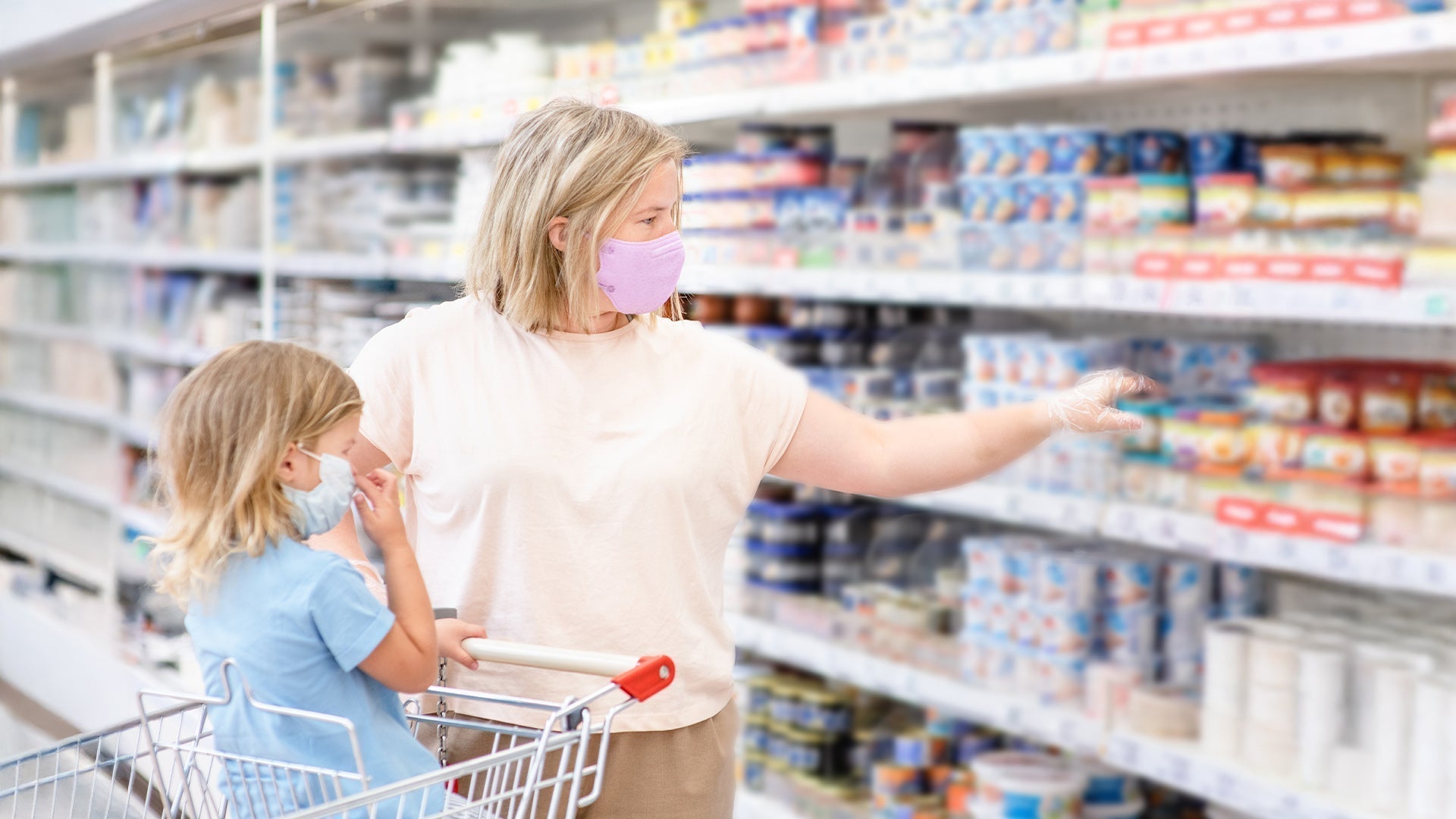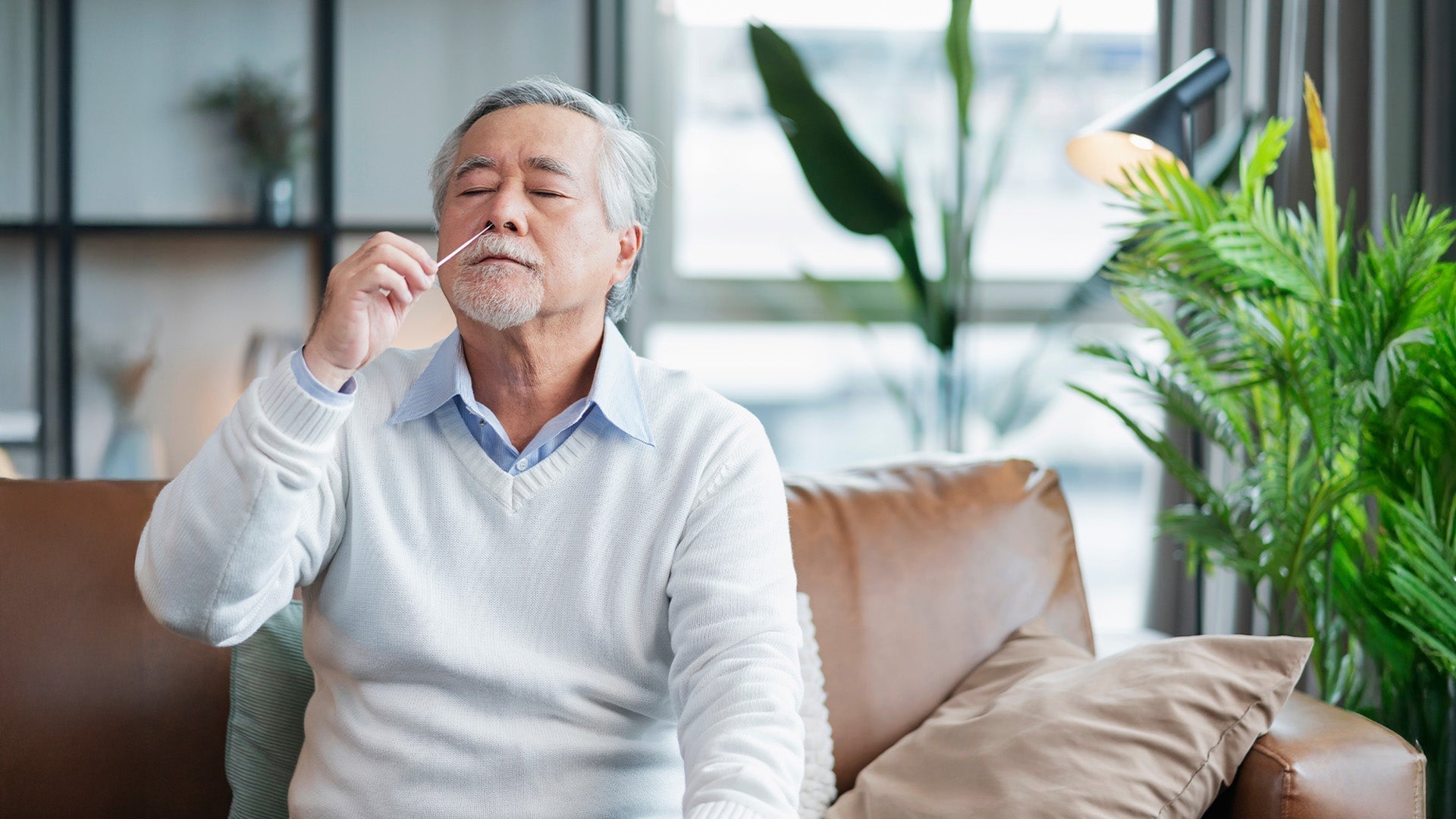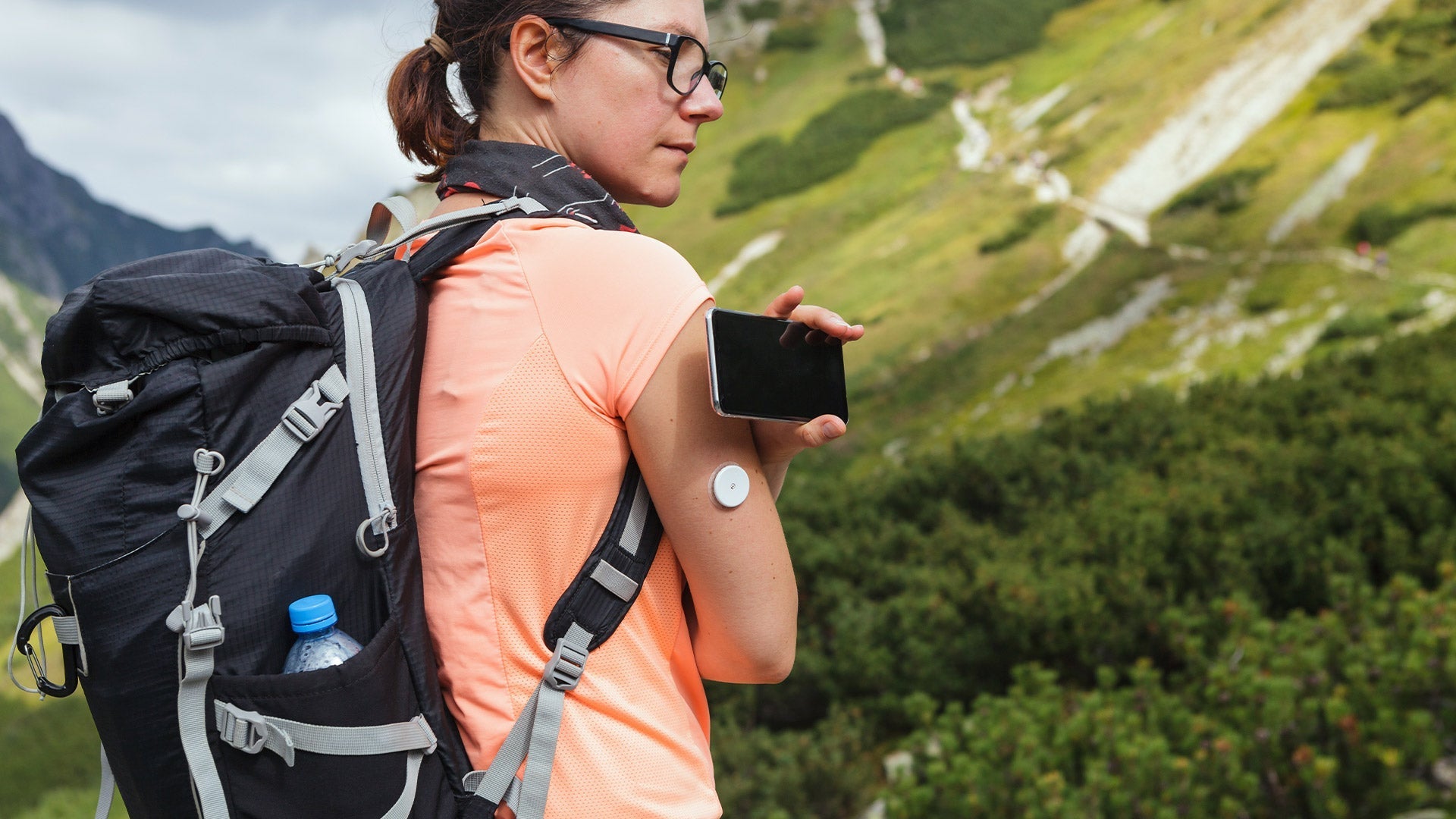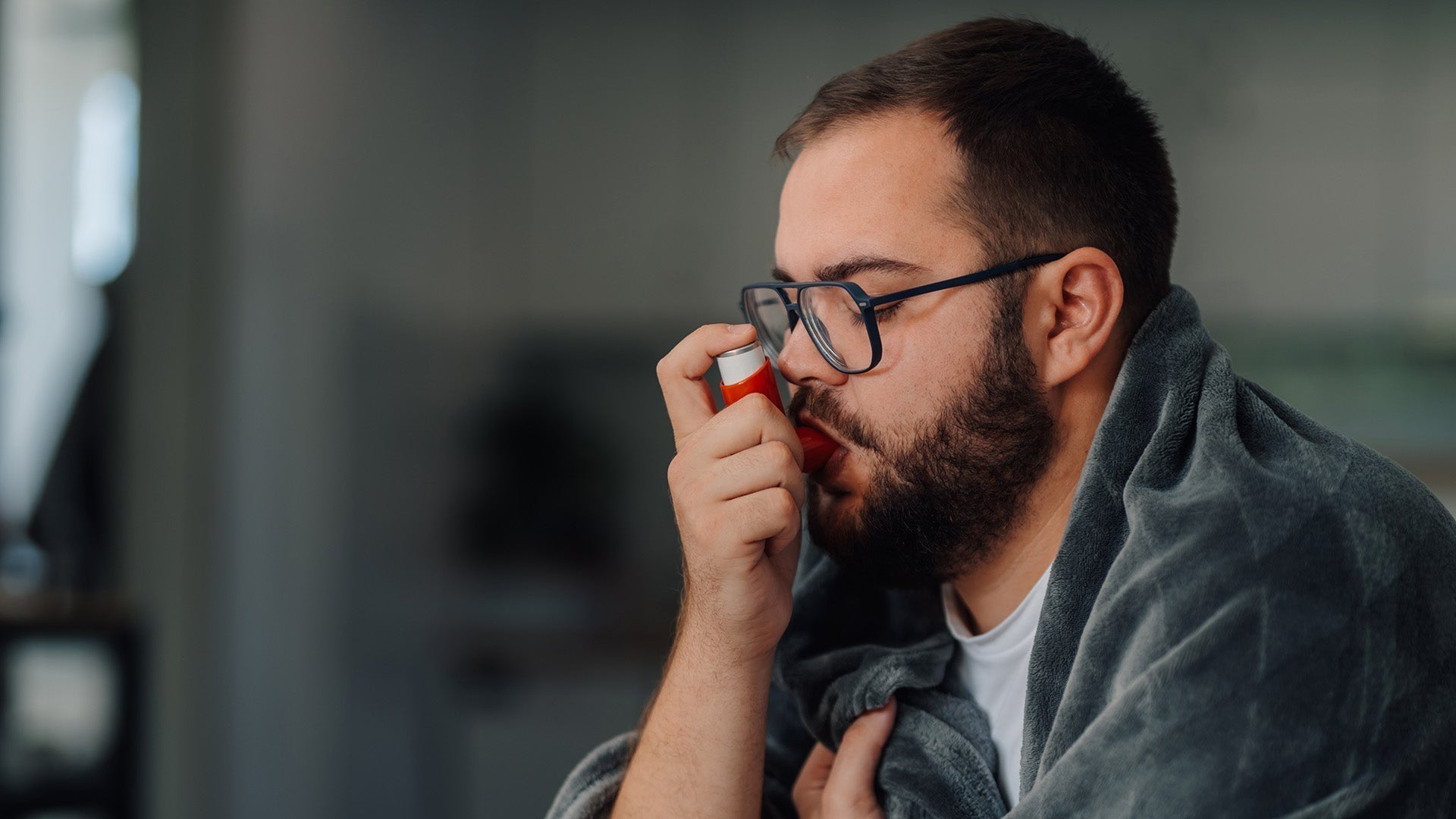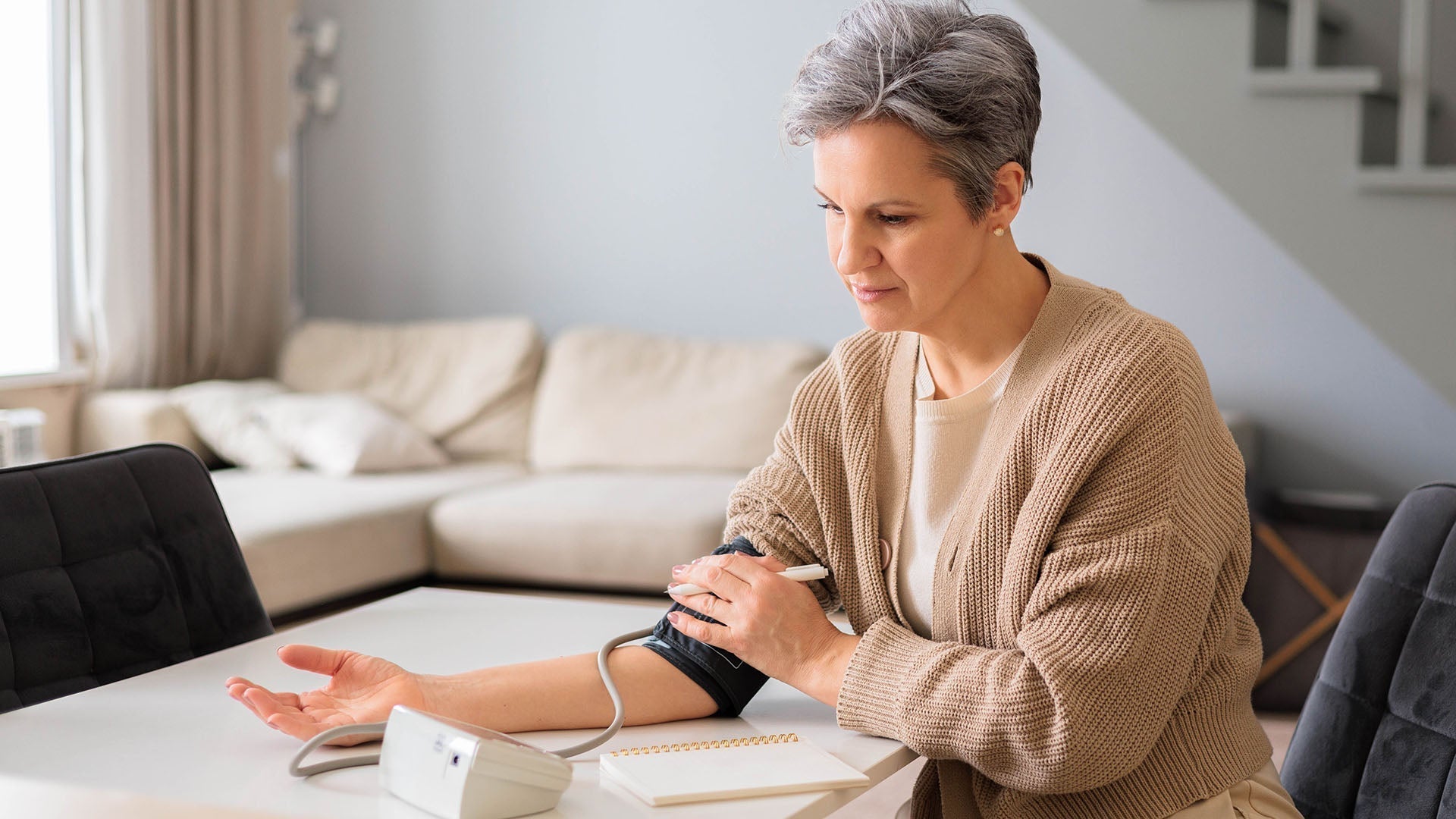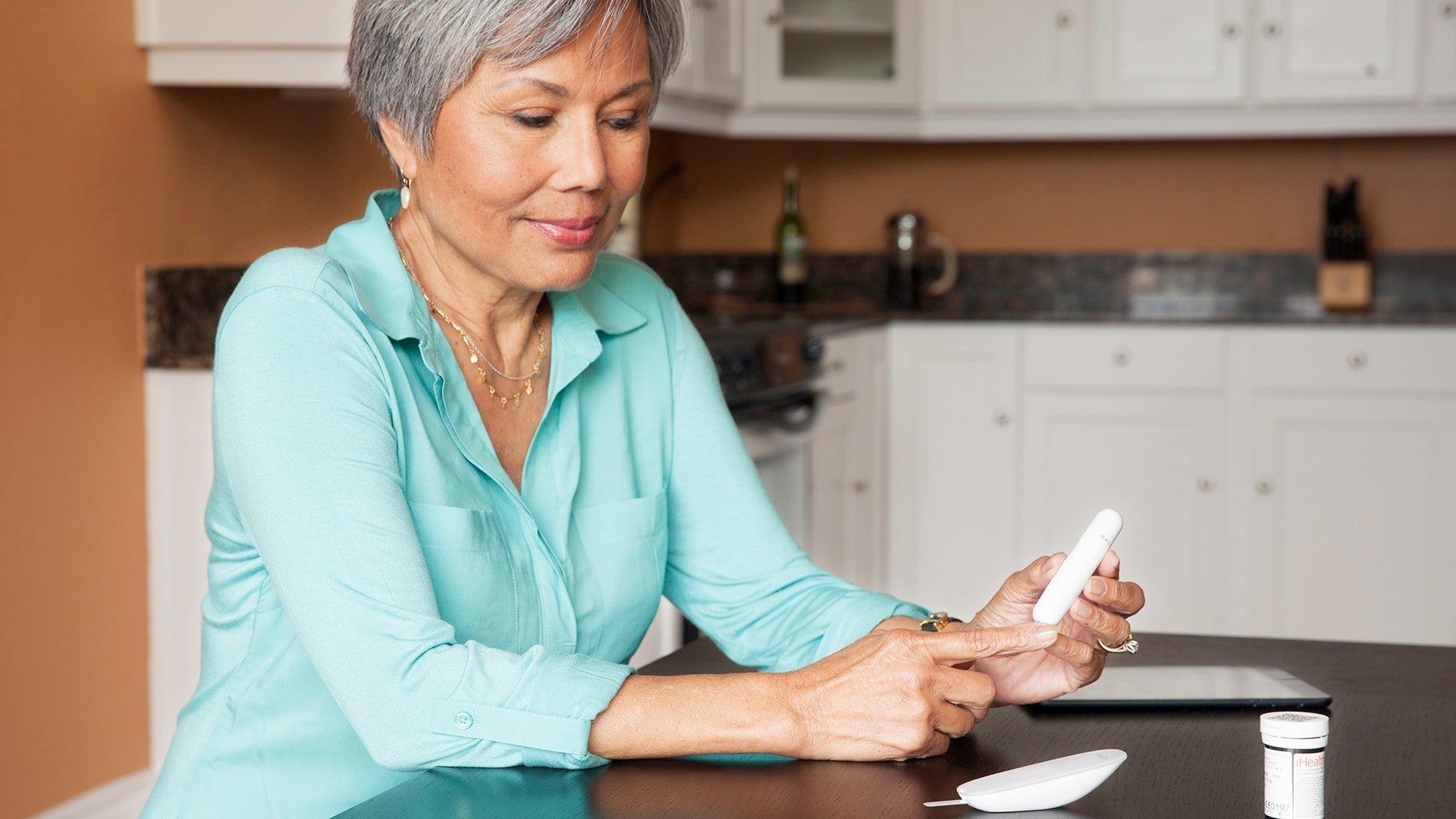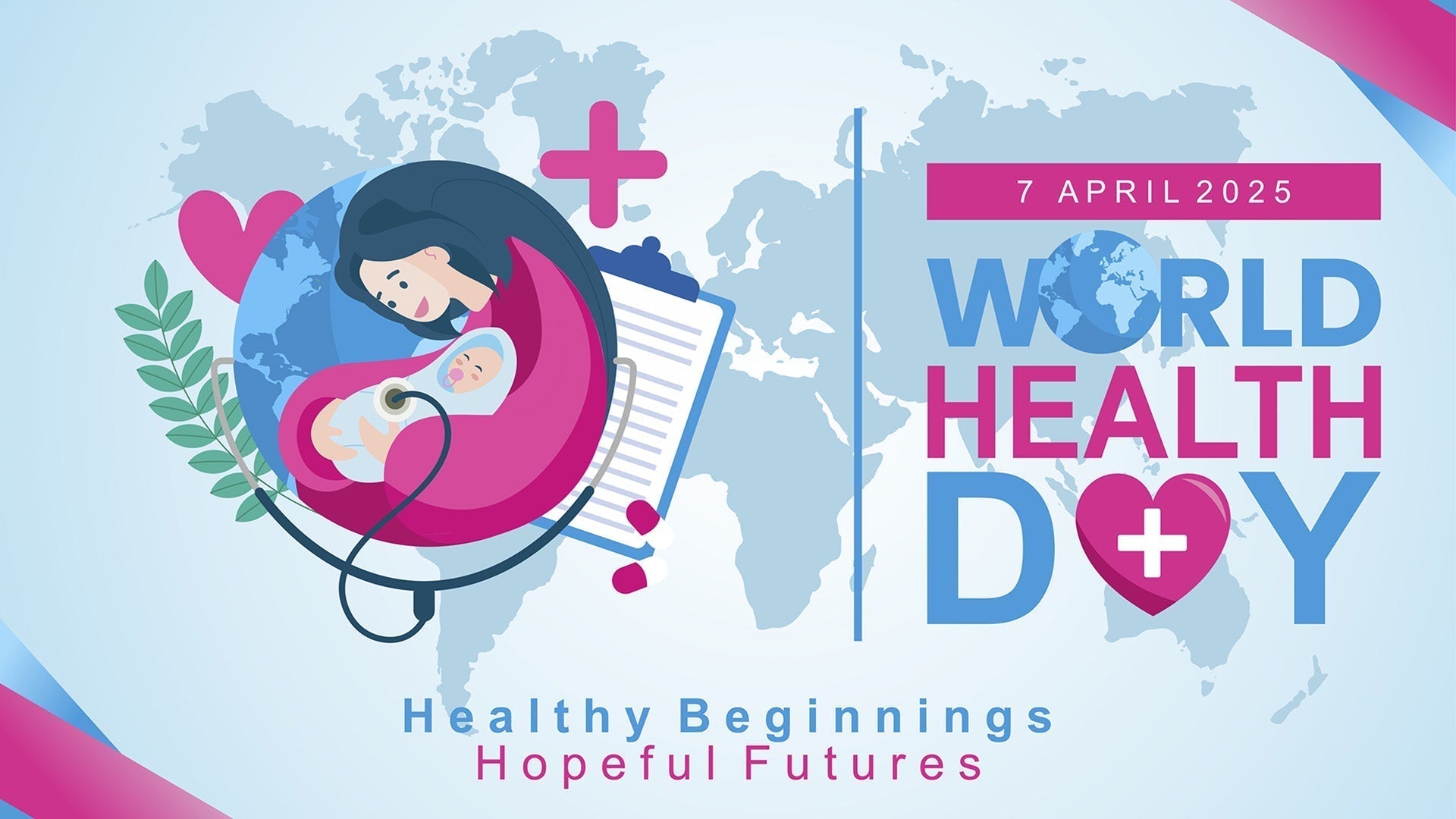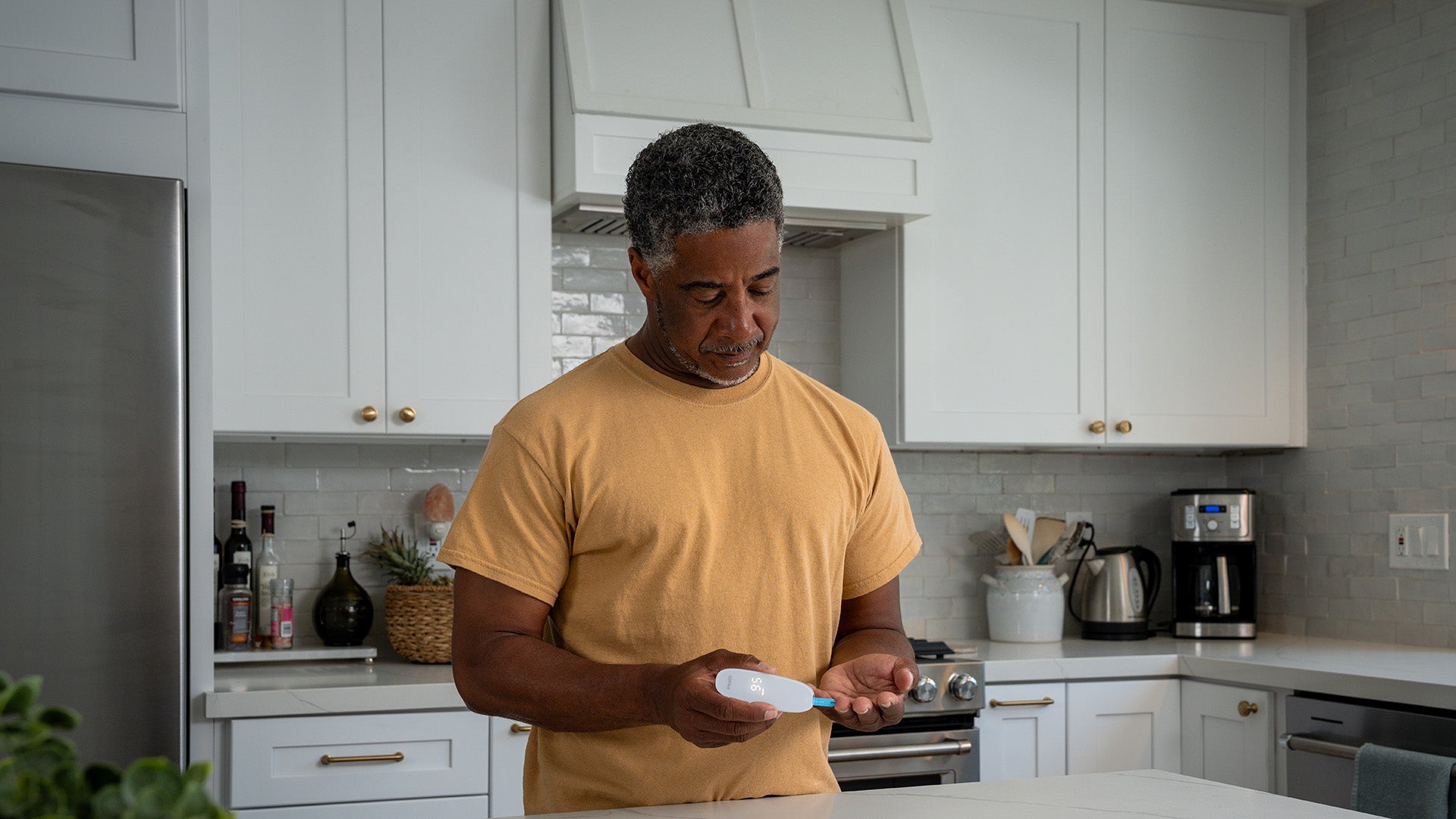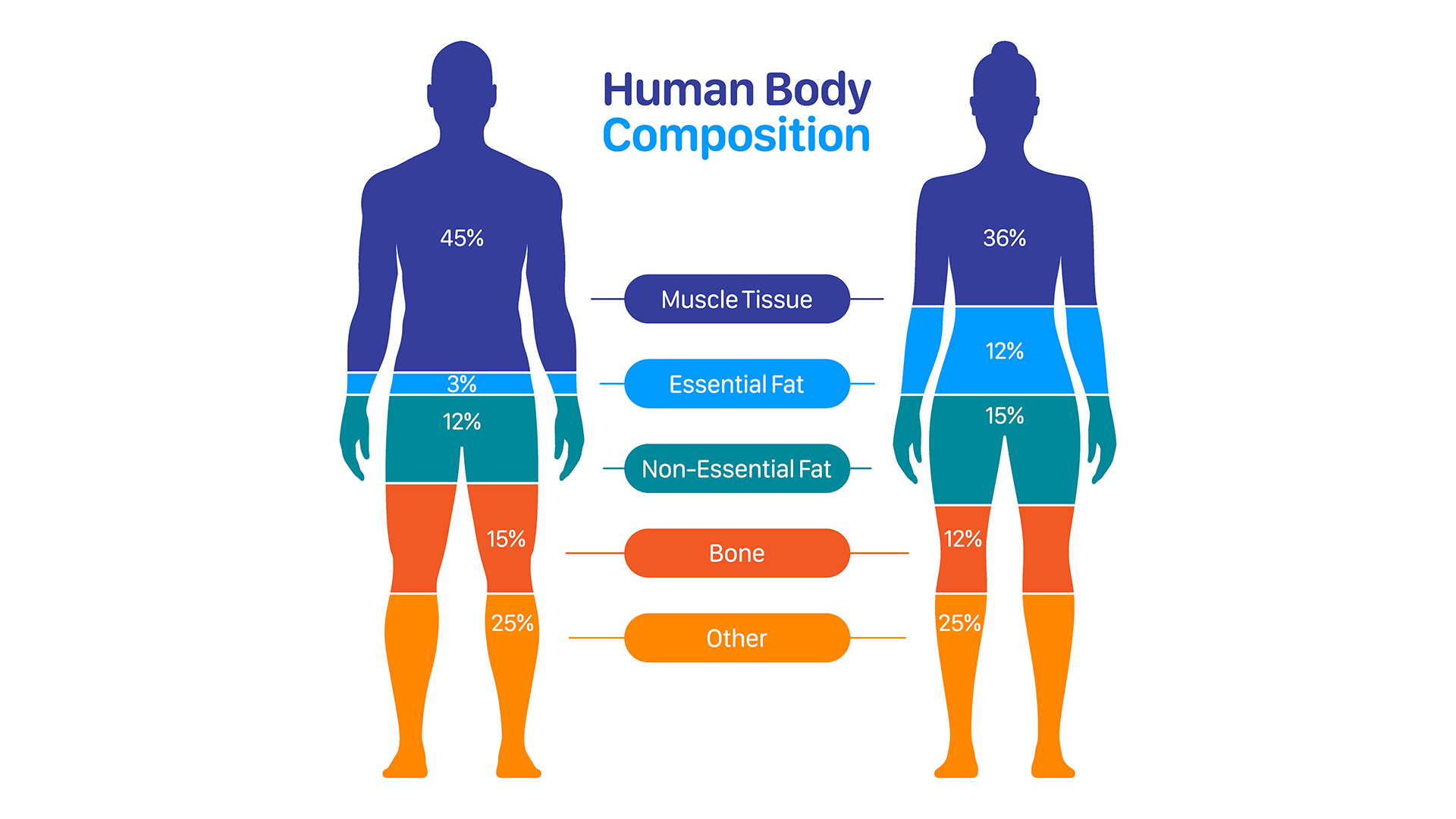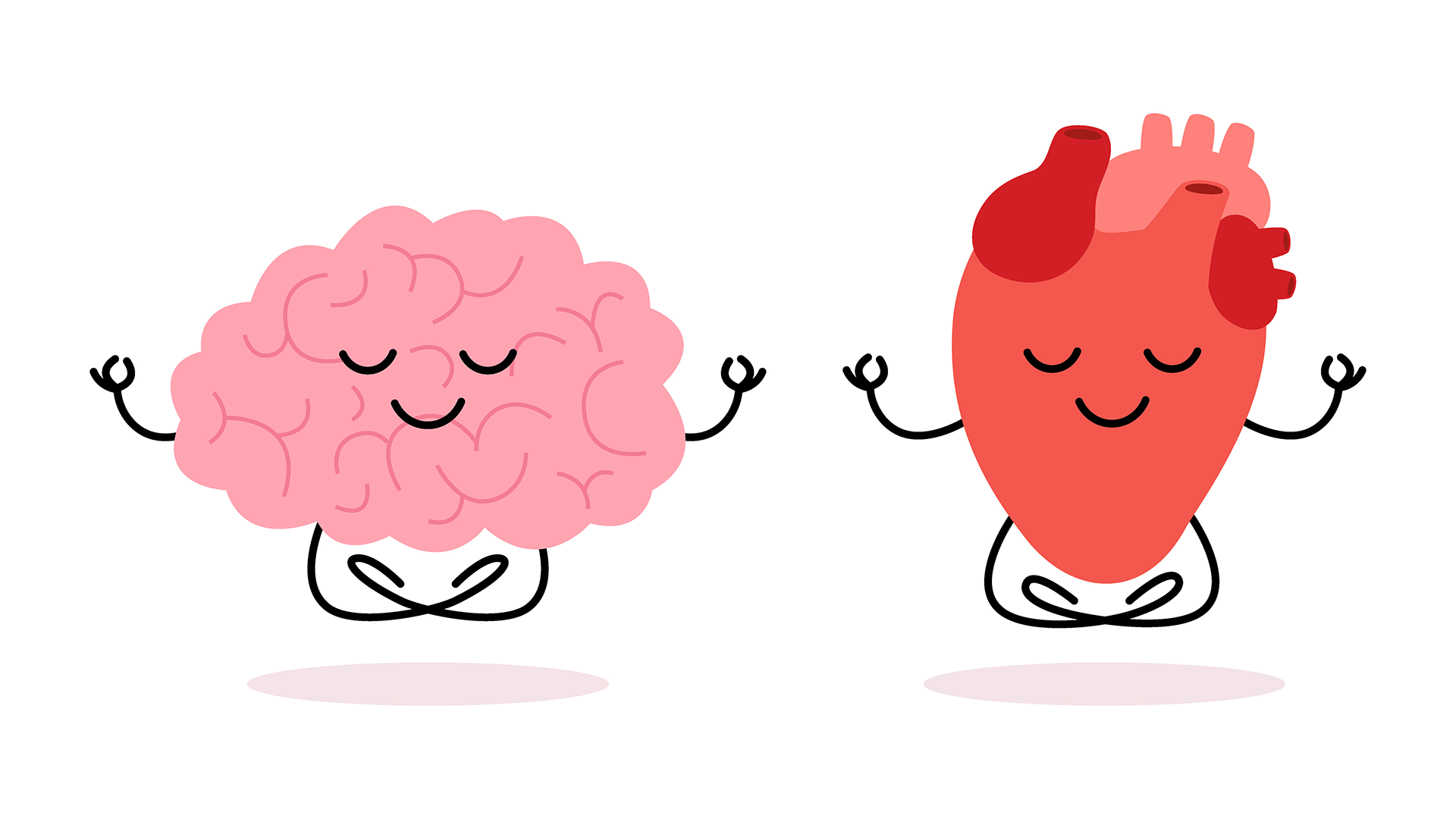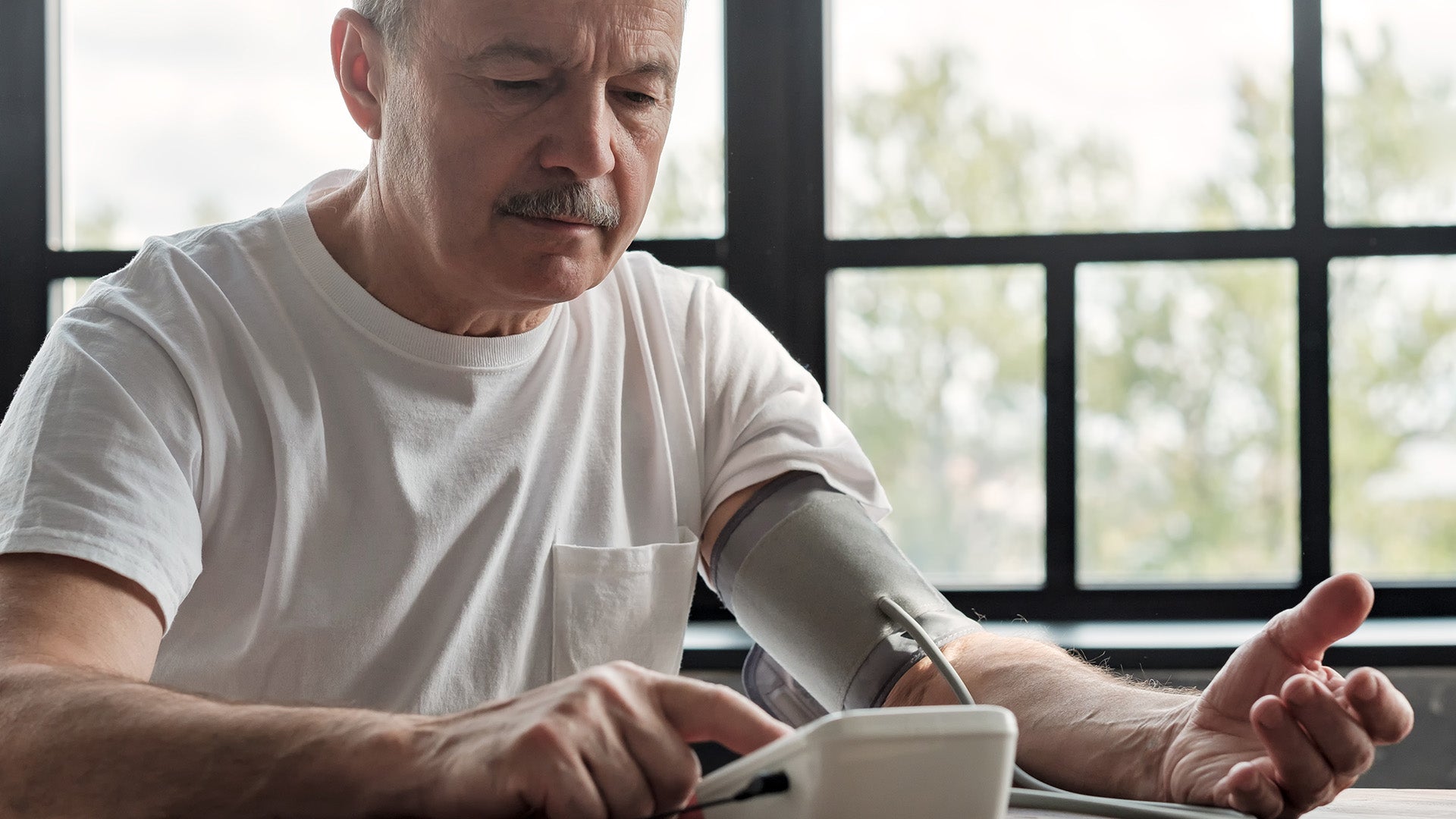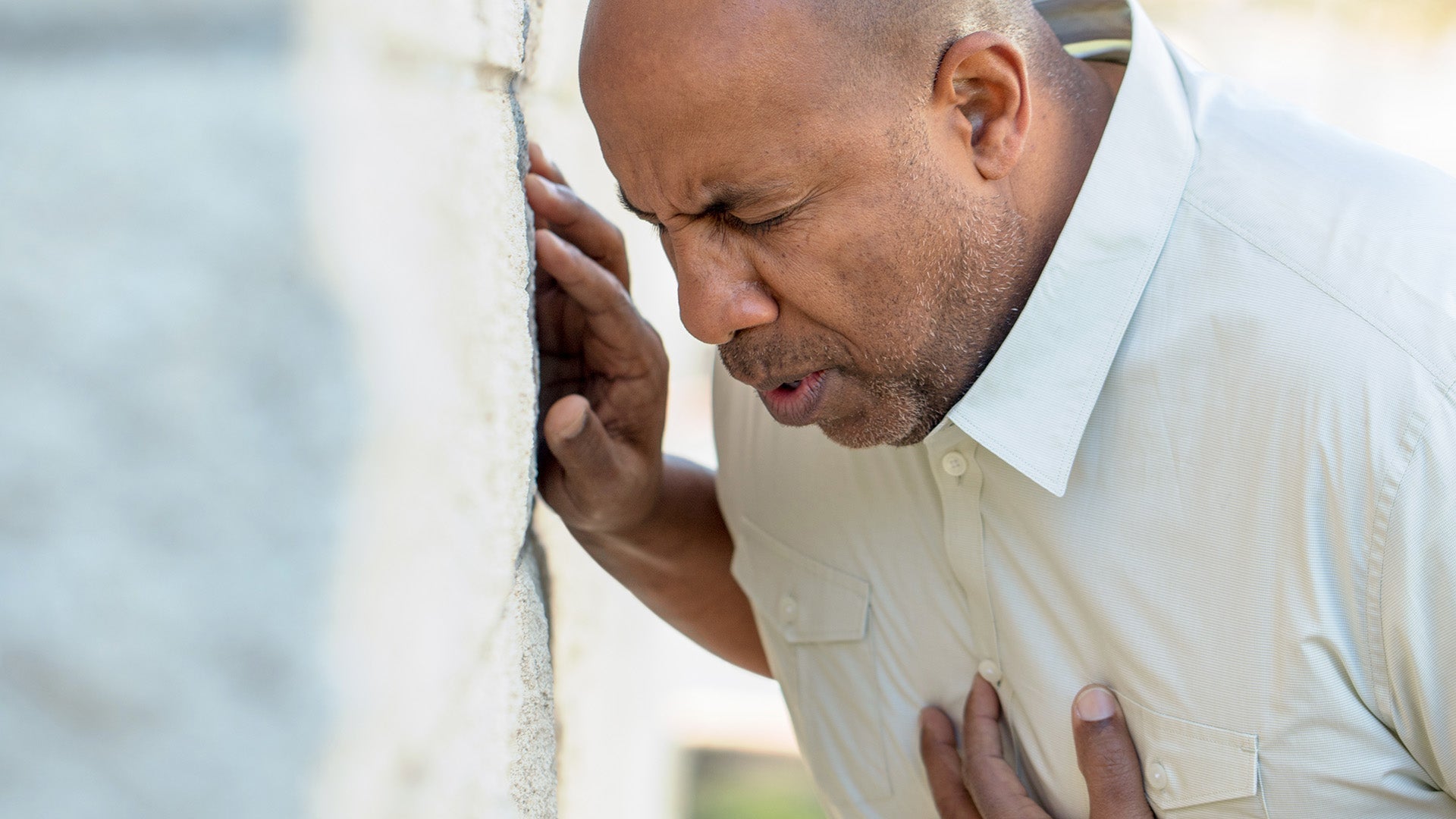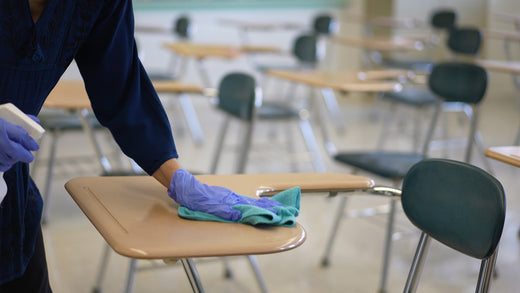Learn Your Way
to A Healthier Life

“For fast-acting relief, try slowing down.” – Lily Tomlin
Truer words could not be spoken by this legendary actress and comedian. It’s not a huge secret that living and working in today’s modern society can be stressful. In a recent mental health poll released in May 2025 by Psychiatry.org, more than 50% of Americans reported they were stressed out by a number of issues, including their health, finances and current events. In another national study, 1 in 6 Americans revealed that they were stressed out every day.
Key to how individuals deal with stress is to slow down and take time for self-care, according to wellness experts. International Self-Care Day, celebrated annually on July 24, encourages the prioritization of self-care for overall health and well-being. The specific date of July 24 was chosen by the International Self-Care Foundation (ISF) to symbolize the “24/7” continuous commitment needed for individuals to maintain their own emotional, mental and physical health and the benefits reaped when they do so.
The “Self” In “Self-Care” Does Not Mean Selfish
Wellness experts emphasize that reserving “me” time for self-care is not selfish by any means, but necessary for maintaining overall well-being. Self-care is about prioritizing practices that replenishing one’s mental, physical and emotional resources in order to function at their best self, reduce stress, boost resilience and increase self-awareness, as well as self-esteem and confidence.
Practicing Self-Care 24/7
How does one put self-care into play? Here are specific tips based on the principles of the ISF:
 Self-Care Trends in 2025
Self-Care Trends in 2025
Google searches for self-care and self-care products have increased 315% since 2017, which suggests that individuals are buying into the concept that self-care is an integral aspect of health and well-being. Focusing on both physical and mental well-being, a few of the truly “trendy” practices in self-care in 2025 include:
-
Cold plunging
-
Forest bathing (shinrin-yoku)
-
Energy cleansing
-
Wellness retreats
More Than Just a Toy
Even toys and stuffed animals, which are usually associated with childhood—are seeing increasing popularity in adult mental well-being and self-care, as society increasingly recognizes the importance of comfort, emotional regulation and inner child healing.
The current collectible frenzy and stratospheric popularity of Labubu dolls for instance serve as symbols not just as the of-the-moment hot toy, but of the psychological stirrings that Labubus foster, even for adults. The latter is so strong that Psychology Today did an entire think piece on “Why We Love Labubu,” citing its covetedness for adult play as “powerful for emotional regulation and connection.”
Indeed, the self-care and wellness industries are being reshaped by the rise in “kidulting.” A 2023 report by The Toy Association revealed that 60% of adults in the U.S. buy toys for personal enjoyment—especially for stress relief and mindfulness. A Retail Dive report found that adults were the biggest consumers for toys, spending $1.8 billion on toys in the first quarter of 2025. Toys and stuffed animals are found to provide:
-
Emotional comfort
-
Companionship
-
Sleep support
-
Anxiety and stress relief
-
Inner child healing and trauma therapy
-
Dopamine boosts
Topical social media hashtags like #adultplush, #comforttoy and #innerchildhealng also suggest the normalization of adoption of toys by adults for self-care and emotional wellness.
Measuring Your Self-Care
The International Self Care Foundation’s site is an invaluable resource for information on the seven pillars of self-care which encompass cognitive, behavioral and physical activities, as well as details on three baselines by which one’s self-care practices can be measured as comparisons of progress and importance.
Whether it’s taking a walk in the forest or cuddling with a Labubu, everyone has a different variation for what they might do to celebrate International Care Day, but it’s critical not to just “celebrate” it for one day, it’s being mindful of it every day.
Additional References:
-
ASD Market Week: How Retailers Should Capitalize on Self-Care Trends in 2025
-
Plush This: Psychology of Adults and Stuffed Animals (2025 Update)
Sign Up For More From iHealth
Receive the Latest News and Special Offers


